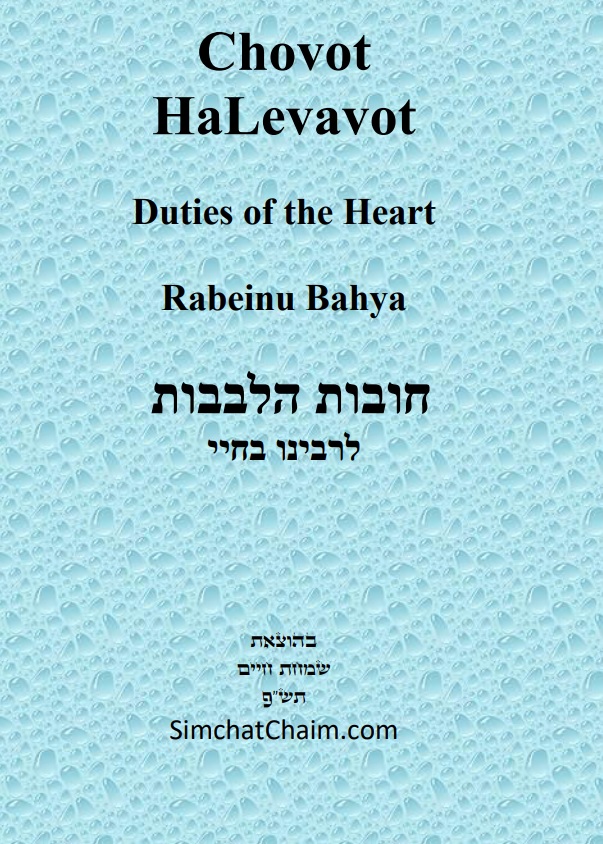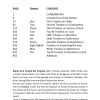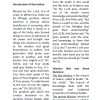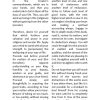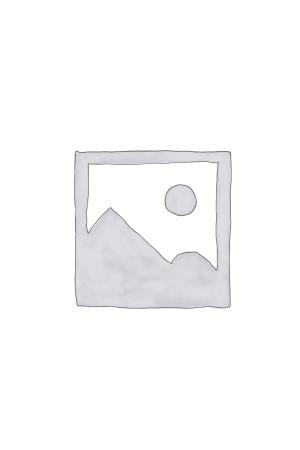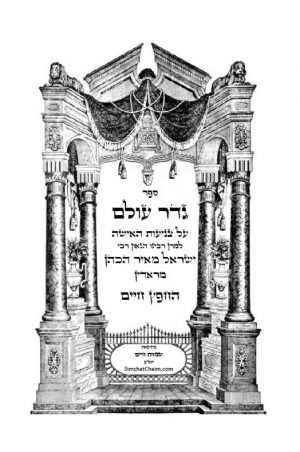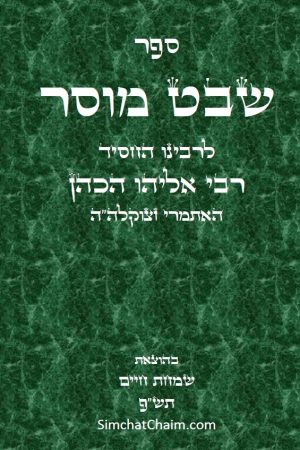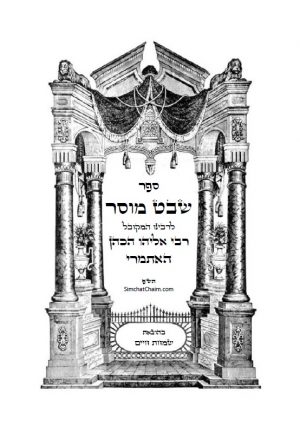Duties of the Heart
Chovot HaLevavot
Rabeinu Bahya
חובות הלבבות לרבינו בחיי
Bahya ben Joseph ibn Paquda (also: Pakuda, Bakuda: 1050–1120, was a Jewish philosopher and rabbi who lived at Zaragoza, Al-Andalus [now Spain].
He was one of two people now known as Rabbeinu Behaye, the other being Bible commentator Bahya ben Asher.
He was the author of the first Jewish system of ethics, written in Arabic around 1080 under the title Al Hidayah ila Faraid al-Qulub, Guide to the Duties of the Heart, and translated into Hebrew by Yehuda ibn Tibbon in the years 1161-80 under the title Chovot HaLevavot, The Duties of the Heart.
Little is known of his life except that he bore the title of dayan, judge at the rabbinical court. Bahya was thoroughly familiar with the Jewish rabbinic literature, as well as the philosophical and scientific Arabic, Greek, and Roman literature, quoting frequently from the works of non-Jewish moral philosophers in his work.
Bahya says in the introduction to Duties of the Heart that he wished to fill a great need in Jewish literature; he felt that neither the rabbis of the Talmud nor subsequent rabbis adequately brought all the ethical teachings of Judaism into a coherent system.
Bahya felt that many Jews paid attention only to the outward observance of Jewish law, “the duties to be performed by the parts of the body” (“Hovot HaEvarim”), without regard to the inner ideas and sentiments that should be embodied in the Jewish way of life, “the duties of the heart” [“Hovot HaLev”].
He also felt that many people disregarded all duties incumbent upon them, whether outward observances or inner moral obligations.
In his view, most people acted in accord with selfish, worldly motives.
Bahya, therefore, felt impelled to make an attempt to present the Jewish faith as being essentially a great spiritual truth founded on reason, revelation [especially regarding the Torah], and Jewish tradition.
He laid stress on the willingness and the joyful readiness of the God-loving heart to perform life’s duties. He wrote: It is impossible to think that the nations would recognize us as being wise and understanding if we were not to provide infallible proofs and explanations for the truths of the Torah and our faith.
Many Jewish writers familiar with his work consider him an original thinker of high rank. According to the Jewish Encyclopedia: Bahya combined in a rare degree the great depth of emotion, a vivid poetic imagination, the power of eloquence, and beauty of diction with a penetrating intellect; and he was therefore well fitted to write a work the main object of which was not to argue about and defend the doctrines of Judaism, but to appeal to the sentiments and to stir and elevate the hearts of the people.
The Chovot HaLevavot became a popular book among the Jews throughout the world, and parts of it were once recited for devotional purposes during the days before Rosh Hashanah, the Jewish New Year.
His works served as inspiration and foundation for many later Jewish writers, including Berachyah in his encyclopedic philosophical work Sefer Hahibbur [The Book of Compilation].
Product details
- ASIN : B086B9SY7Y
- Publisher : simchatchaim
- Language : English
- Paperback : 464 pages
- ISBN-13 : 979-8630014948
- Item Weight : 1.71 pounds
- Dimensions : 6 x 1.05 x 9 inches
ב”ה
אם אתה רוצה להדפיס ספר זה עם הקדשה למשהו, לרפואה שלימה, או לעילוי נשמת נשמת נפטר נוכל לעשות זאת בלי תוספת מחיר. ואם יש לך ספר בכל שפה מוכן להדפסה, נדפיס לך את הספר בלי עלות, והרווחים יהיו לך. לפרטים אנא צור איתנו קשר
If you want to print this book and dedicate it in honor or in memory of someone we can do it. There is no additional charge for this.
If you have a book in any language that you wrote, all ready to print, we can help you with this at no charge to you.
Please contact us for details.

